On July 14, 2020, Telcoin CEO Mr. Paul Neuner released the first Telcoin Community Update, which he titled, “Our team has changed, our mission has not." In this Update, he announced that Telcoin had decided to move its headquarters to Los Angeles, California. He argued, "that LA, and the state of California by extension, is one of the most important locations in the United States for outbound remittances (especially to Asia).” It is from this base that Telcoin, unlike “a large portion of the cryptocurrency community (which has) shunned the US," Telcoin intended "to stand out as one of the few crypto startups that are fully embracing the US market in a compliant and responsible manner." Since then, Telcoin has launched its remittance services from the US and Canada to 16 countries.
While most people have focused on the remittances, Paul has been busy with another project. A much bigger project, probably more significant than remittances. From recent AMAs, we can deduce that Mr. Parker Spann has been at the forefront of the TELx project leading the establishment of partnerships. From the recent Telcoin Community Update, Mr. Rajesh Sabari is leading the Rivendell, while Mr. Ryan Tully is leading product development for the V3. Of course, the likes of Mr. Will Myers and Mr. Josh Worley are providing product development services. We can also safely assume that Mr. Tim Mahota is leading the international compliance program with Mr. Dan Blackband and others. While as CEO, Mr. Neuner oversees the entire Telcoin company, he clearly has a very particular interest, which he appears to be personally driving. The Digital Asset Bank project. This project is relatively mysterious. I thought it might be helpful to reflect on it as I attempt to understand exactly where Telcoin is going. Bear with me, it's a bit of a complex project, but I will try and simplify it as best as possible.
Let’s start in the beginning. Los Angeles, 2020.
The seeds of Nebraska
The first hint of Telcoin’s interest in the banking sector (not just financial services) appeared in Telcoin Community Update 1. Mr. Neuner stated that “Telcoin has figured out a ‘fiat first’ approach to connect to banks and mobile money platforms, and Jeff has become a Jedi knight at navigating that fine line.” On the surface, you’d think he is talking about the FIAT on/off ramps. But, he made this statement in 2020. FIAT on/off ramps were already in operation in other companies, so why would he call it a ‘fiat first’ approach? Why is it first? How will it connect banks and mobile money? Why did he mention Jeff in this statement? Who is Jeff?
Jeff is likely Mr. Jeff Quigley, the current Executive Vice-President responsible for Business Development and Communications at Telcoin. He is based in Japan. According to the GSMA website, “Telcoin Pte. Ltd. is based in Singapore, with a diverse team operating out of Tokyo, Japan”. The information on the GSMA website is likely to have been submitted to the GSMA in 2018 when Telcoin first joined the organization. We now know some of the activities in Singapore, including the recently announced membership in the Singapore Fintech Association and Blockchain Association of Singapore. But, what is Telcoin doing in Japan? What is Jeff – the "Jedi knight” – up to?
The answer to the above question will come from reflecting on various developments since July 2020. Let’s start with an announcement in Telcoin Community Update 2 on August 15, 2020. In this Update, Mr. Neuner announced the appointment of Mr. Richard “Rick” Schendel as “the new VP of Banking Operations for Telcoin." As I read this, I wondered, what does Banking Operations mean? A simple google search suggests that banking operations are almost always associated with banks. But, Telcoin is not a bank! Why would they need banking services?
Let’s go back to Mr. Jeff Quigley as we connect the dots. On October 24, 2020, he wrote a detailed article reflecting on how "Covid-19 is forcing a shift to digital remittances, giving fintechs and mobile money a boost". He argues in this article that “despite a forecasted 20 percent decline in global remittances for 2020, users are abandoning cash-focused incumbents and flocking to digital services. Telcoin and its mobile money partners will benefit from the exodus.” In the same article, he makes an important point for his and Rick's role in the company – a statement that may have excited Mr. Neuner. Quoting from the IMF, Jeff says, “Mobile money is as an effective and physical-distancing-friendly option to deliver cash transfers in large scale, given that ownership and use of mobile phones in emerging and developing economies are very high, and globally, there are 228 mobile money agents per 100,000 adults compared to only 11 banks and 33 ATMs.” Only 11 banks per 100 000 adults. Therein lies a business opportunity. The question that a business leader, such as Mr. Neuner, would ask from this statement is - how could Telcoin position itself as a leader in this space, where there is a need for more banks to partner with mobile money services providers and capture those abandoning cash-focused incumbents and flocking to digital services? Jeff answers the question: “Telcoin, with its digital-first approach and direct partnerships with mobile money platforms, is entering the remittance market at perhaps the best time possible.” There we go: bank, digital-first approach, partnerships, and mobile money. But how?
December 31, 2020. Telcoin year-end update. Point number 4. Paul Neuner introduces MFS 2.0, that is, Mobile Financial Services 2.0. He points out that beginning around 2010, mobile operators have been facilitating mobile financial services through e-wallets, even surpassing traditional banks' market penetration. He notes, however that central banks have been forcing these mobile operators to work with conventional banks. He then states that mobile operators could bypass this requirement by working with Telcoin, removing the need to take custody of user funds that otherwise requires a banking license. Paul then makes a critical statement: "this industry alignment will be what launches Telcoin to a higher orbit.” In other words, by creating a legal platform through which mobile operators can offer financial services, Telcoin will have revolutionized financial services. However, you would need a good understanding of financial and banking services to do this. This is perhaps where Mr. Schendel comes in as VP of Banking Operations. A Western Illinois University graduate, Rick has worked for QuantRes Asset Management, Morgan Stanley, and Mesirow Financial. His understanding of the financial industry will be useful for Telcoin’s ambitions.
Now that the seed has been planted, what next? Let’s go to Nebraska.
The key people of Nebraska
Telcoin's strategy is significantly embedded in removing the need for mobile operators to rely on traditional banks. On January 31, 2021, Mr. Neuner reflected on this idea yet again, as well as MFS 2.0. At this stage, he offered a simpler definition of MFS 2.0: the ability of mobile networks to offer non-custodial financial services. On the surface, it seems as though Telcoin’s MFS2.0 seeks to replace or remove banks from the mobile money equation – well, at least that’s the view you’d hold until you read Telcoin Community Update 5.
While reporting that members of Telcoin staff met for the first onsite meeting in Los Angeles, Neuner also reports that he testified before the Nebraska Legislature in February on the digital asset charter. He also mentions that Senator Mike Flood would seek to ensure that the then-proposed Bill would become Law. He also indicates that "Telcoin Strategic Advisor and General Counsel Mark Quandahl is working hard with members of the banking committee” in helping Telcoin head “in the right direction toward a new financial product suite that benefits existing banks." Later in 2021, many people in the Telcoin community celebrated the signing of the Bill mentioned above into Law, but few paid attention to the detail of what was said by Mr. Neuner in Telcoin Community Update 5 quoted above. For example, who is Mike Flood, and why is this Bill important to him? Who is Mark Quandahl, and why is he working with members of the banking committee of the Nebraska Legislature? What does it mean for Telcoin that its Strategic Advisor is working with this banking committee? What is Telcoin's "new financial product suite”? How might this product suite benefit banks? Simply put: what is Telcoin up to?
For those who do not know, Mr. Quandahl is an attorney from Nebraska who was elected Chairman of the Nebraska Republican Party in 2005. He was the Nebraska Delegate at the 2004 Republican National Convention in New York and a Nebraska Super-Delegate at Minnesota 2008 Republican National Convention. In the Nebraska Legislature, Quindahl served as the Banking, Commerce, and Insurance Committee chairman. He has also served as Director of the Nebraska Department of Banking and Finance. He is a political heavyweight with much understanding of the banking, commerce, and financial sector. Quindahl is a Telcoin Strategic Advisor.
How about Mike Flood? Well, he is also an attorney serving as a Senator in the Nebraska Legislature representing Norfolk. The University of Notre Dame graduate served as Speaker of the Nebraska Legislature from 2007 to 2013. Mr. Flood, a conservative Republican, is a member of the Banking, Commerce, and Insurance Committee. Through this committee, Senator Flood introduced the Legislative Bill 649, also known as the Nebraska Financial Innovation Act, signed into law by Governor Pete Ricketts. According to several sources, Telcoin “drafted the legislation as it seeks to bring its own digital asset-backed financial services to US consumers in a compliance-first fashion." It would take tremendous levels of trust for a State Senator to work with Telcoin in drafting a Bill in my books. Having such a Bill signed into Law would further cement the Senator's relationship with Telcoin. You might be aware that Telcoin has an office in Norfolk, Nebraska. You might also know that Telcoin’s CEO, Paul Neuner went to the University of Notre Dame in 1997, the same year that Senator Flood graduated at the same institution. You might also be interested in knowing that Senator Flood is running for the US Congress. He will run against Senator Patty Pansing Brooks on May 10 for the Republication nomination and then run for Congress in June if he wins. He also intends to run for US Congress in the November mid-terms. Senator Flood is a political heavyweight and a Telcoin strategic partner.
Why does all of this matter – you may be wondering. It matters because, in February 2021, “Several members of the Telcoin team visited the great state of Nebraska… where Paul testified before the Nebraska Legislature on the proposed digital asset banking charter." It also matters because, in April 2022, Paul Neuner had a "great meeting…with Nebraska Department of Banking and Finance," which is now led by Director Kelly Lammers. The same Banking and Finance that Mark Quandahl and Senator Flood have strong links to. Interestingly, after more than a year of silence on Twitter, Mr. Neuner tweeted recently, mentioning Director Kelly Lammers by name following Telcoin’s meeting with Mr. Lammers’ Department – even voicing his appreciation for the work done by Mr. Lemmers and his team. All of this matters. It matters because, through these interactions and relationships, Nebraska Bill 649 was born.
The Nebraska Bill 649
The Nebraska Bill 649 indeed has a Telcoin blueprint all over it. Take Section 2 (4) and (5), for example, which read, "Blockchain innovators are able and willing to address banking compliance challenges such as federal customer identification, anti-money laundering, and beneficial ownership requirements to comply with regulators' concerns; Compliance with federal and state laws, including, but not limited to, know-your-customer and anti-money-laundering rules and the federal Bank Secrecy Act, is critical to ensuring the future growth and reputation of the blockchain and technology industries as a whole.” Remember in 2020, Paul Neuner said Telcoin intended “to stand out as one of the few crypto startups that is fully embracing the US market in a compliant and responsible manner” (see Paragraph 1 above). It appears, therefore, that this Bill is the legal framework through which Telcoin will launch "to a higher orbit."
The Bill also addresses another critical aspect of Telcoin strategy – decentralized finance. Section 3 (10) indicates that “For purposes of the Nebraska Financial Innovation Act, Decentralized finance means digital asset exchanges, businesses, or organizations operating independently on blockchains." Section 4 addresses an essential Portfolio in Banking and Finance – the Director. Remember, this office was held by Mr. Quandahl. It is now held by Director Kelly Lammers, who was mentioned in Mr. Neuner’s third-ever tweet. The Bill states that “The Director (currently Mr. Lammers) shall have the power to issue to corporations desiring to transact business as a digital asset depository institution charters of authority to transact digital asset depository business as defined in the Nebraska Financial Innovation Act. The Director shall have general supervision and control over such digital asset depositories.” A smart businessman knows whom to talk to, whom to praise and who to be friends with. Pay attention.
Section 5 of the Bill also presents vital regulations. It deals with the functions of a digital asset depository – which some call the digital asset bank. Among these, a digital asset depository may “make contracts as a corporation under Nebraska law.” This is where partnerships with mobile operators come in. A digital asset depository may also "make an application to become a member bank of the federal reserve system." I dare say this is where Mr. Richard “Rick” Schendel, as Telcoin’s VP of Banking Operations, comes in - possibly in the establishment of a Telcoin digital asset bank. But wait, maybe I am running ahead of myself here. Let’s read the Bill a bit further. It states that “A digital asset depository shall maintain its main office and the primary office of its chief executive officer in Nebraska." There we go. In June 2021, a couple of weeks after the Bill was signed into Law, Norfolk (Senator Flood's hometown) welcomed "Telcoin, which plans to open up a charter bank." I am not aware of any other crypto company that has moved to Nebraska so that it can comply with LB649. However, I know that in May 2021, Midwest Bank – a Telcoin partner – “opened their new facility in Norfolk.” Coincidence? Might Telcoin and Midwest Bank form a joint venture to offer digital asset depository services? I don’t know. Those in Norfolk – do you know where exactly Telcoin offices are? Any chance they are near “the southwest corner of 25th Street & Highway 275?”
I’ll let you read the rest of the Bill at this point – and I really hope you do. But before I do that, let me quote Section 5 (2)(a), which states, “A digital asset depository institution, consistent with the Nebraska Financial Innovation Act, shall be organized as a corporation under the Nebraska Model Business Corporation Act to exercise the powers set forth in subsection (1) of this section.” Related to this Section, on April 20, 2022, the Nebraska Department of Banking and Finance, led by Director Lammers, announced that the "The Department is making a draft version of the Business Plan portion of any digital asset depository application available for review and comment.” I won’t bore you with the contents of this Business Plan. What I find most interesting is that it was issued on April 20. Just over a week later, Mr. Neuner tells us that his team had met with Director Lammers' department – the same department that drafted the Business Plan. If anything, Telcoin likely participated in drafting the Business Plan as they did in the Bill itself. It is also likely that Telcoin already has its business plan and is ready to apply as a Digital Asset Bank. I actually find it curious that in Telcoin Community Update 6, Mr. Neuner said, “operationalizing this legislation (LB649) as quickly and responsibly as possible remains a top priority for both Telcoin and the department." It would seem as though Telcoin is a direct partner with the department in this area, something that would put Telcoin miles ahead of its competition.
What might happen next?
Like many others in the Telcoin community, I have pondered what might happen next? While speculative, I think some clues in the Nebraska Bill 649 can help us answer this question, assuming that Telcoin indeed drafted the Bill and is working closely with the Nebraska Department of Banking and Finance. Take Section 9 (1), for example, which states that "at all times, a digital asset depository shall maintain unencumbered liquid assets denominated in United States dollars valued at not less than one hundred percent of the digital assets in custody." It is perhaps for this reason that Telcoin has put much effort into its TELx, through which it hopes to raise sufficient liquidity for its various other offerings. I recall Mr. Spann tweeting, “$100mm by March = liquidity target #1”. Some suggested he was referring to DFX Finance, but I maintain that this is likely what Telcoin was targeting for itself. Perhaps they knew that a draft business plan would be out by April. All things considered, Telcoin has to continue raising liquidity to meet Section 9 (1) provision.
Another question is: if Telcoin indeed becomes a digital asset depository institution, what services will it offer? Yesterday, CryptoCribz asked. “Would it ever be possible for both individuals & (small) companies to take out #crypto backed loan on the #Telcoin platform/exchange/app like it is possible with Celsius?” Well, according to Nebraska Bill 649, Section 5 (1)(a) read with subsection (iv), “A digital asset depository may carry on a nonlending digital asset banking business for customers, consistent with subdivision (2)(b) of this section, (which states), “a digital asset depository institution shall not make any consumer loans for personal, property or household purposes, mortgage loans, or commercial loans of any fiat currency including, but not limited to, United States currency, including the provision of temporary credit relating to overdrafts.”
@danitelcoin, @TelcoinBrasil, and I have also often wondered if Telcoin will, at some point, have an academy of sorts through which it can educate its customers and users, especially the not-so-crypto-savvy. Well, according to the Bill (Sec. 5), “(6) A digital asset depository shall help meet the digital financial needs of the communities in which it operates, consistent with safe and sound operations, and shall maintain and update a public file and on any Internet website it maintains containing specific information about its efforts to meet community needs, including (c) Its efforts to assist with financial literacy or personal finance programs to increase knowledge and skills of Nebraska students in areas such as budgeting, credit, checking and savings accounts, loans, stocks, and insurance.”
Another question is if Senator Flood makes it to Congress and takes Nebraska Bill 649 with him (which is very likely), will Telcoin be allowed to operate nationally and even internationally as a digital asset bank? The answer is (Sec. 5) (1) “(c) As otherwise authorized by this section, a digital asset depository may conduct business with customers outside this state," and, “(2)(c) Subject to the laws of the host state, a digital asset depository institution may open a branch in another state in the manner set forth in section 8-157 or 8-2303.
Finally, and perhaps most important is the question: what role would the digital asset bank arm of Telcoin play? What activities would they carry out? The answer may be found in Section 24 of the Bill, which reads: “A digital asset depository is authorized to carry on one or more of the following digital asset business activities: (1) Provide digital asset and cryptocurrency custody services; (2) Issue stablecoins and hold deposits at a Federal Deposit Insurance Corporation-insured financial institution which has a main-chartered office in this state, any branch thereof in this state, or any branch of the financial institution which maintained a main-chartered office in this state prior to becoming a branch of such financial institution that serves as reserves for stablecoins; and (3) Use independent node verification networks and stablecoins for payment activities." You will notice that providing digital asset custody is part of Mr. Neuner’s MFS 2.0. Using independent node verification networks and stablecoins for payment is part of Mr. Sabari's Rivendell while issuing stablecoins is part of the TELx partnership with DFX Finance. It seems clear that Telcoin may have drafted a Bill to legalize its services. I have addressed this in detail in Newsletter titled “Telcoin Genius: In the absence of regulations, create them."
There is undoubtedly more to come from Telcoin and Nebraska Bill 649. We are just at the start of a big bang. I strongly recommend that anyone interested in Telcoin read through the Bill and join the conversation. A community that learns together grows together.
Bottom line
Based on the above reflection, it appears that Mr. Jeff Quigley’s 2020 analysis provided critical input into Telcoin’s strategy. While Telcoin’s MFS 2.0 strategy remains relevant and important, it seems to have something more significant in its sight. Big enough that the CEO appears to be driving it personally, to the extent that he has garnered political support – which may soon extend to the US Capitol. What is very clear is that Telcoin will, sooner or later, be one of the world's first digital asset banks. If they do, then MFS 2.0 will become MFS 3.0. I am here to see it all unfold – from Tokyo to LA to Norfolk and Washington DC. Stay tuned.
Disclaimer
The information and content (collectively 'information') provided herein are general information. The authors do not guarantee the suitability or potential value of any information or particular investment source. Any information herein is not intended, nor does it constitute financial, tax, legal, investment, or other advice. The authors have no affiliation with Telcoin or other persons or companies referred to in this article. The information in this article is based on the sources used.





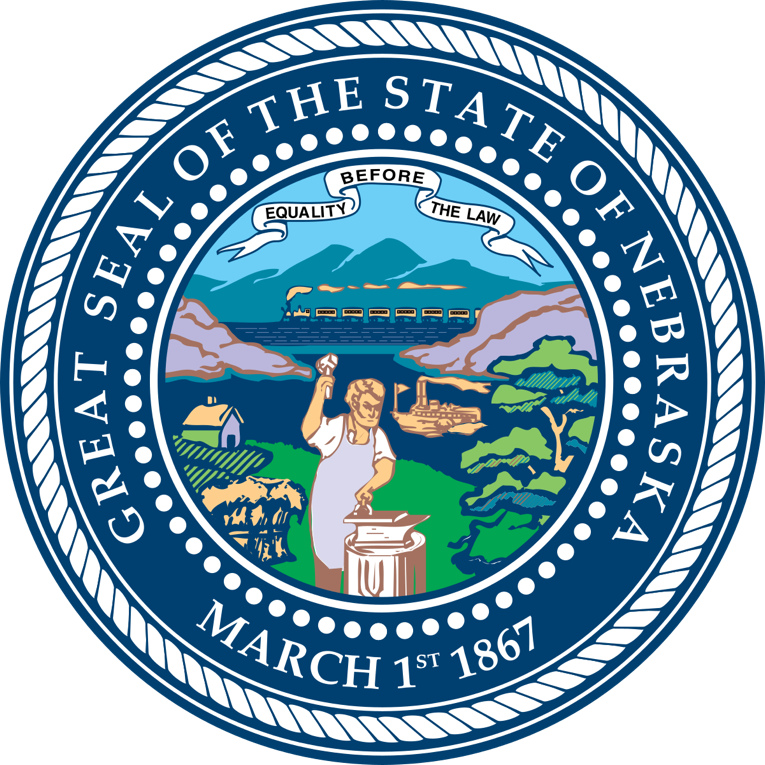

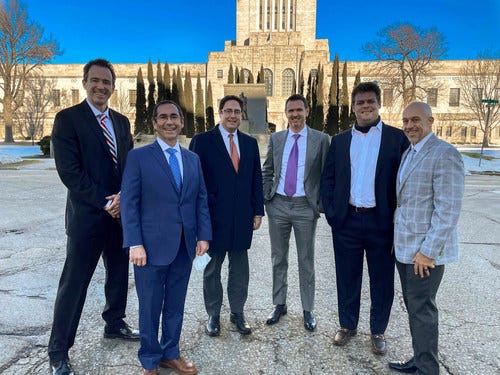
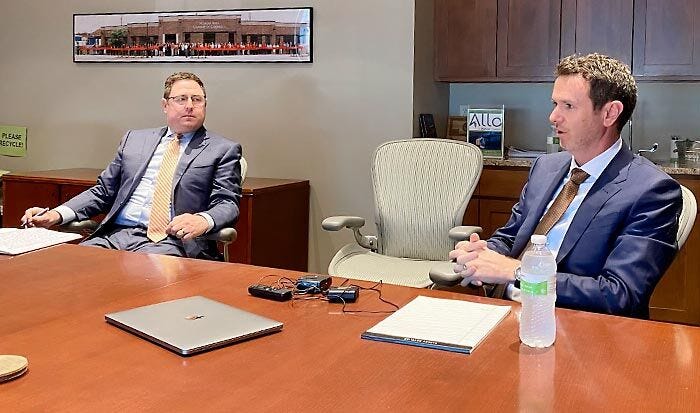
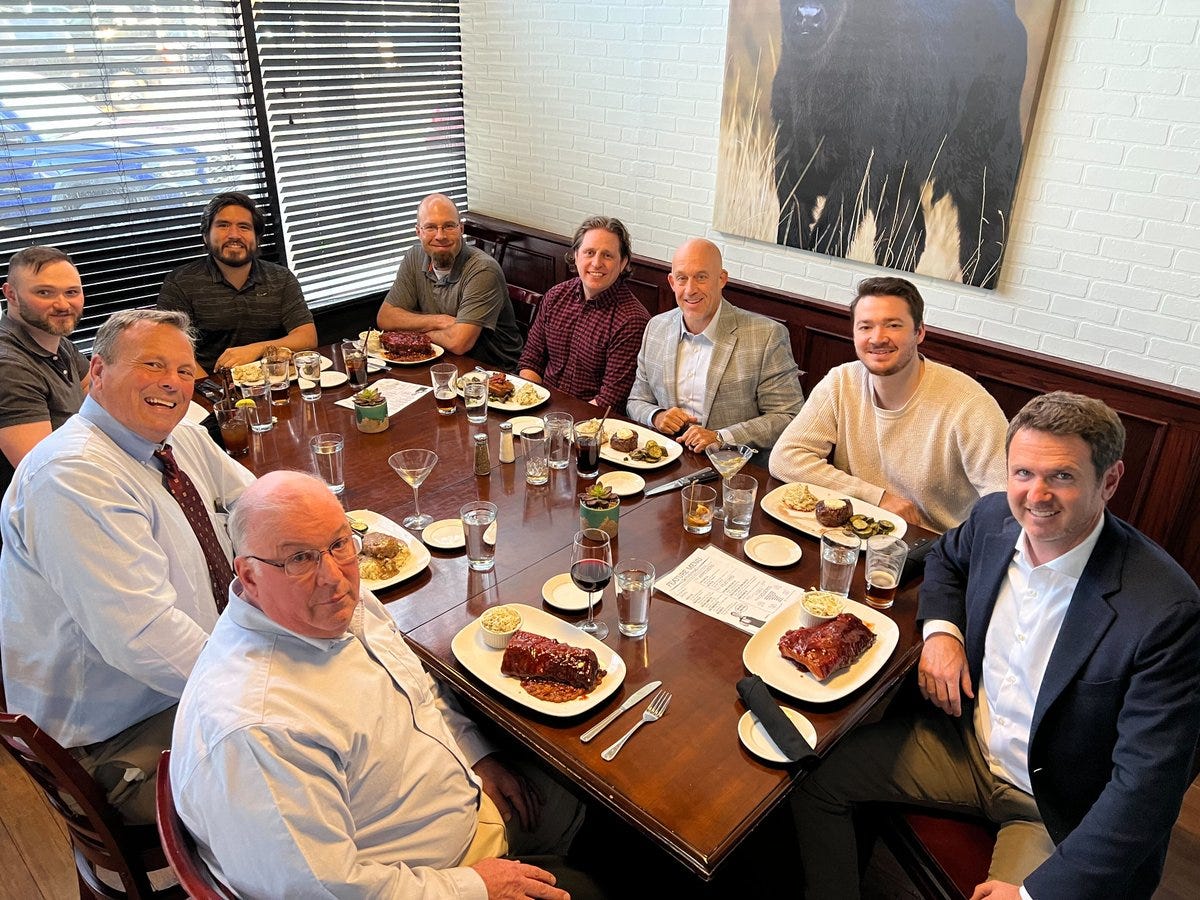
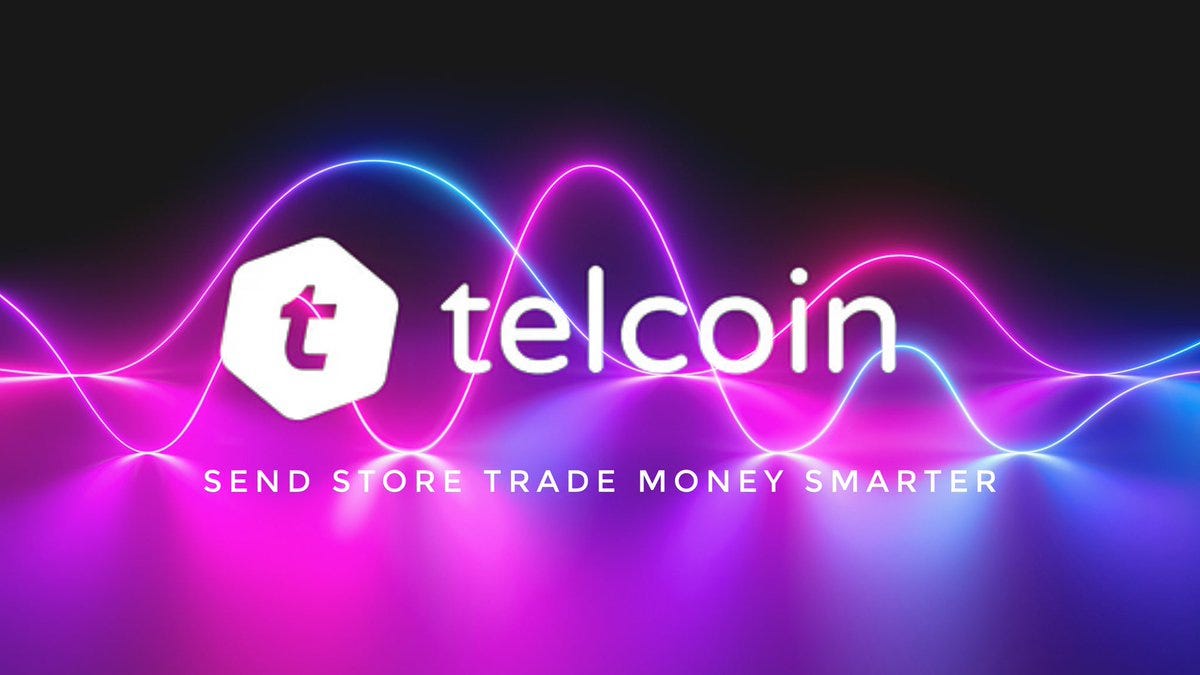
Many thanks for the time and effort put into this post. As a TELx liquidity provider, I got chilis and goosebumps while reading. #FEW understand the exciting times ahead. Keep up the good TEL supporting work bro. Onward and upward!!
Lovely telcoin